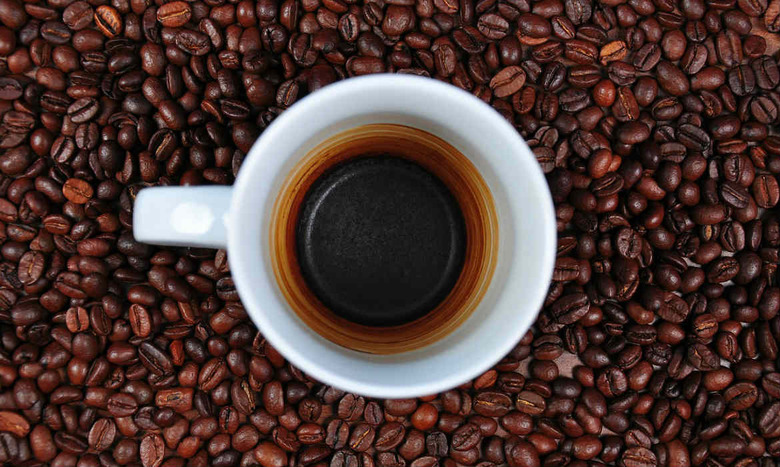A Guide To Making The Perfect Cup Of Coffee, According To A Chemistry Teacher
Have you ever wondered what exactly makes a perfect cup of coffee? I mean, it's no science experiment, right? Actually, according to one chemistry teacher, his brew is flawless thanks to simple chemistry.Andy Brunning, a chemistry teacher and writer for The Guardian, put several common coffee tricks to the test to determine the right balance for making a cup of Joe that's not too bitter, and not too sweet.
According to Brunning, adding a pinch of salt could actually help temper bitterness. It sounds strange but according to a research experiment in 1997, a blindfolded taste test determined that salt tricks the brain into perceiving the bitter notes differently (It should be noted that the "pinch of salt" claims are regularly disputed).
Another important aspect of making coffee taste better is the water to bean ratio: For every espresso shot, you should add .25 ounces of water. This "Goldilocks" trick will allow for coffee that isn't too weak or too bitter, but just right. Brewing time is also important: For espresso, the water should only come in contact with the coffee grounds for 20-30 seconds, and be brewed between 195 degrees and 205 degrees Fahrenheit.
Of course, if all else fails, you can simply add a heavy dosage of milk and sugar if your brew is still too bitter.
